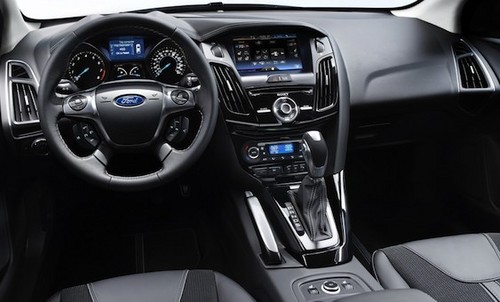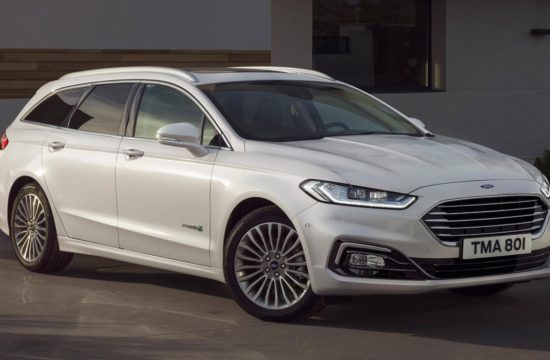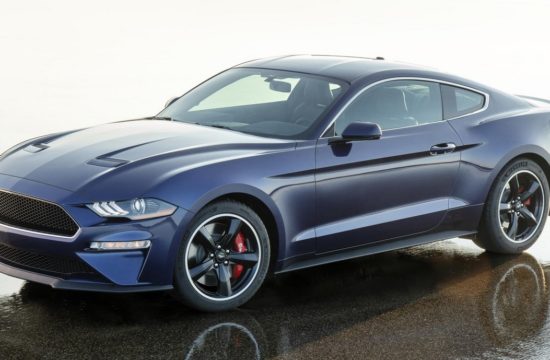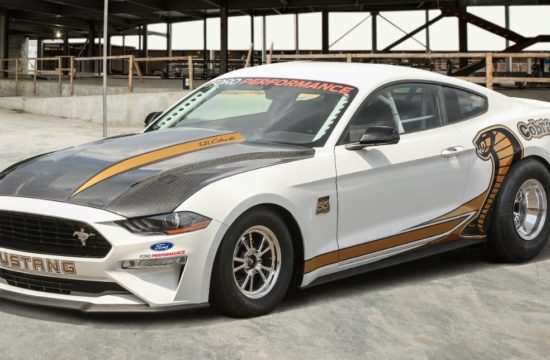
Until the car gets ready for its market launch, Ford is revealing the innovative features of the 2012 Focus one by one and tease people with them. The latest feature they want to boast will appeal mostly to the environmentalists, becasue it has something to do with recycling! Using environmentally friendly materials, including recycled clothing, is one part of Ford’s overall green strategy.
Apparently Ford is using recycled cottons, derived from from post-consumer, recycled blue jeans for example, in the interior of the new 2012 Focus as part of carpet backing and sound absorption material. That’s clever!
“Ford is continually looking for greener alternatives,” said Carrie Majeske, product sustainability manager. “One of our key goals is to use more recycled or renewable materials without compromising performance or durability. Recycled content is a way to divert waste from landfills and reduce the impact of mining virgin material.”
Ford’s “reduce, reuse and recycle” commitment is part of the company’s broader global sustainability strategy to reduce its environmental footprint while at the same time accelerating the development of advanced, fuel-efficient vehicle technologies around the world.
Over the past several years, Ford has concentrated on increasing the use of non-metal recycled and bio-based materials, including soy foam seat cushions, recycled resins for underbody systems, recycled yarns on seat covers and natural-fiber plastic for interior components.
Creative, eco-friendly solutions
Ford vehicles continue to become more eco-friendly through the creative use of renewable and recycled materials. For instance, one of the clothing materials used in the next-generation Focus is post-consumer cotton that comes from recycled blue jeans.
“The good news is these jeans didn’t end up in a landfill, nor did we use the water, fertilizer and land to grow virgin cotton,” Majeske said. “It’s an alternative that our customers can appreciate, it’s cost effective, and it’s better for our planet. These are the kinds of sustainable solutions we are looking for in all our vehicles.”
The amount of post-consumer cotton from blue jeans used in a vehicle comes out to roughly two pairs of average-sized American jeans, based on pounds of cotton used per yard of denim and the yards of denim used to make a pair of jeans.
“Great fuel economy is our first priority for reducing the vehicle’s impact on the environment,” said Majeske. “As we deliver that, we also seek to use materials inside a vehicle that reduce the environmental impact as well. The use of recycled clothing is one step, but what else are people discarding that could be used in our vehicles? Ford is determined to find out.”
The new Focus is the result of a global product development program bringing together Ford’s best engineers and designers from around the world. The high-tech, fuel-efficient Focus will be manufactured in Ford plants in Asia, Europe and North America.








